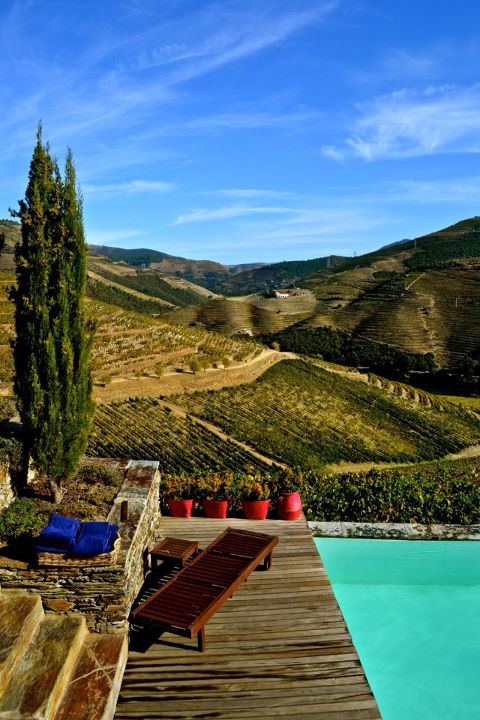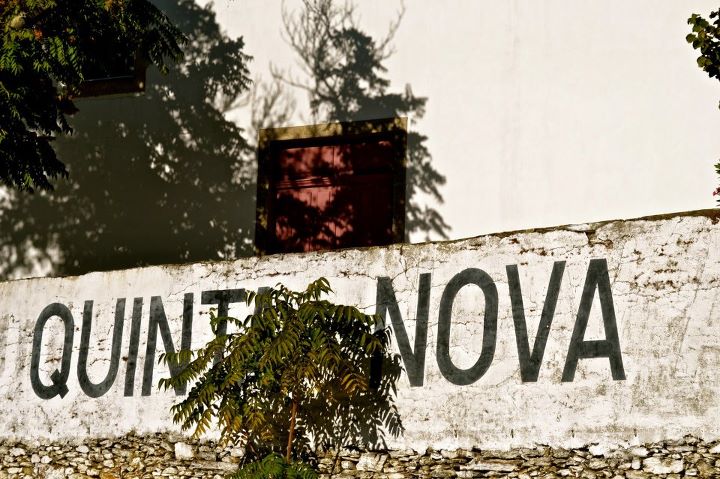Sincerest apologies on my behalf for the lack of updates from On Reserve the last few months. This recent semester has, most certainly, been a busy one for me as I spent the majority of my time attending to my responsibilities as the Executive Articles Editor of the Brooklyn Journal of International Law Volume 37 and brainstorming ideas for post-graduation. Hopefully, the upcoming spring semester will prove to be somewhat less intense such that I can devote more time to the blog. Additionally, we plan to feature some guest writers on wine law in the upcoming months, including one from abroad, which will certainly be exciting.

For now, this entry focuses on two major updates in the wine law world that occurred during the last few weeks. These updates revolve around news for third party providers (“TPPs”) in the wine world and the recent French case entailing Red Bicyclette. The update regarding third party providers is especially pertinent to the wine industry in America and the Red Bicyclette case is one that is of particular interest to the wine world.
As discussed in a prior On Reserve entry, the influx of TPPs with respect to wine and other alcohol beverage sales is one that entailed an interesting area of the law. (Read our original post on TPPs, Third Party Providers and the Future of Wine Laws in America.) In summary, the California Alcoholic Beverage Control published an industry advisory in October 2011 with respect to TPPs in the alcohol beverage industry. As previously addressed in our post, TPPs are not licensed to sell alcohol and, given the structure of their business model, do not actually obtain possession or “title” to an alcohol beverage when a sale is made to a consumer via a virtual sales site (i.e., the alcohol beverage is shipped from a manufacturer, producer, retailer, and/or a wholesaler and does not enter the premises of the TPP during the course of sale). The advisory issued this past October contends that all sales of an alcohol beverage must be made by a licensed retailer or producer but that a TPP need not be licensed as long as “all sales transactions involving Third Party Providers must ultimately be conducted by and under the control of a licensee.” (See California Alcoholic Beverage Control Industry Advisory: Third Party Providers, October 2011.) As a result, licensees working with a TPP are “ultimately responsible” for the activities pursued by the TPP on behalf of the licensee. (Id.) This fundamentally requires that orders for alcohol beverages solicited by the licensee through the use of a TPP “be transmitted by the Third Party Provider to the licensee involved” and such licensee must be identified in the sale, as well as “ultimately control the transaction, including any decisions concerning acceptance or rejection of such orders . . . [and be] responsible for, and [] control, the fulfillment of orders and the shipment of alcoholic beverages from the licensees’ licensed premises or other authorized shipping point . . . .” (Id.) Finally, of relative importance to our prior article, the industry advisory found advertisements of Internet sales to be “akin to” those found in other media venues (e.g., radio, print, etc.) such that the advertisements “only become an integral part of a sale when the sale is completed by the transfer of title of an alcoholic beverage for consideration” and the licensee’s placement an advertisement on a TPP website, without transferring title of the alcohol beverage, is not considered a sale under the California Business and Professions Code section 23025. (Id.) For further reading, please review Industry Advisory for Third Party Providers, California Sets the Table for Regulation of Third-Party Wine Providers, and Understanding the California ABC’s New Advisory for Wineries and Third Party Providers.
The implications of this advisory are interesting, given the rather antiquated history of alcohol beverage laws in the United States. The advisory ultimately recognizes the growth and changes of the industry and, with that, the necessary legal alterations to adapt to innovative business models like those of the TPPs. It will certainly be interesting to see the continued development of the online segment of the alcohol beverage industry and how the legal environment changes to accomodate such.

The Red Bicyclette case stems from an instance involving fraudulently-labeled Pinot Noir sold to the United States. “Between January 2006 to March 2008 some 18.5m bottles of fake Pinot Noir—made up of mainly Merlot and Syrah—were sold to E&J Gallo and Constellation Wines, netting a profit of €7m for those involved.” (See Appeal Court Upholds Red Bicyclette Sentences.) In October of 2011, a French appeal court in Montpellier upheld the sentences imposed on Red Bicyclette suppliers. (Id.) The original sentences, which were imposed by a French court in Carcassonne in February 2010, suspended jail terms between one and six months and extended fines from 3,000 to 180,000 euros with respect to selling eighteen million bottles of falsely-labeled Pinot Noir. (See Red Bicyclette Suppliers Convicted.) In his ruling, the judge noted that the level of fraud in this case “caused severe prejudice to the wines of Languedoc in the United States.” (Id.) Whereas the appeal court upheld the sentences, it made “considerable changes” to the original sentences garnered by the Carcassonne court. (See Appeal Court Upholds Red Bicyclette Sentences.) Some defendants received longer prison sentences with lower fines whereas other defendants received fines that were substantially increased.
Photographs are property of Lindsey A. Zahn.
For more information on wine or alcohol law, direct shipping, third party providers, or three-tier distribution, please contact Lindsey Zahn.
DISCLAIMER: This blog post is for general information purposes only, is not intended to constitute legal advice, and no attorney-client relationship results. Please consult your own attorney for legal advice.
Hey Lindsey! I subscribed to this blog months and months ago and only recently (post-exams) had a chance to catch up on your entries. Imagine my surprise to find out that your a Cornellian! Professor Mutkoski would be so proud! I just took wines this semester and it was partly inspired by my research on wine laws while I was abroad. Your blog is ABSOLUTELY AMAZING and I’m so glad someone is covering wine laws in an approachable and interesting format. I kid you not, I look forward to the day when I read your books on wine law when I’m a rising 3L. Keep up the great work!
Hi Pheobe,
Thank you so much for your kind comment! It is always wonderful to hear from other Cornellians. I looked at your blog and it is fantastic!
Glad to hear you’ve been able to make use of On Reserve. I really enjoy updating it, so hopefully more will come of it in time. And I actually never took Professor Mutkoski’s class—although I heard great things about it when I was an undergraduate.
Enjoy your last year at Cornell! I miss it so much in Ithaca, even though I am in the city. Cornell really is a special place.
Lindsey